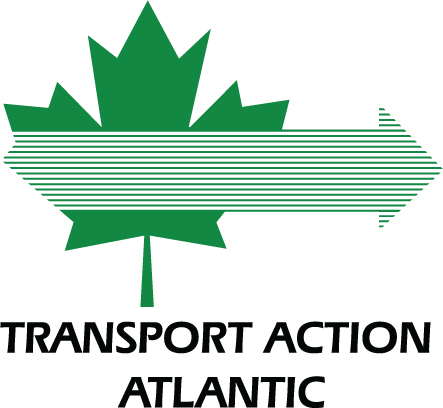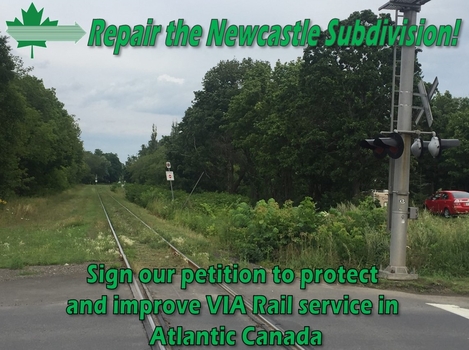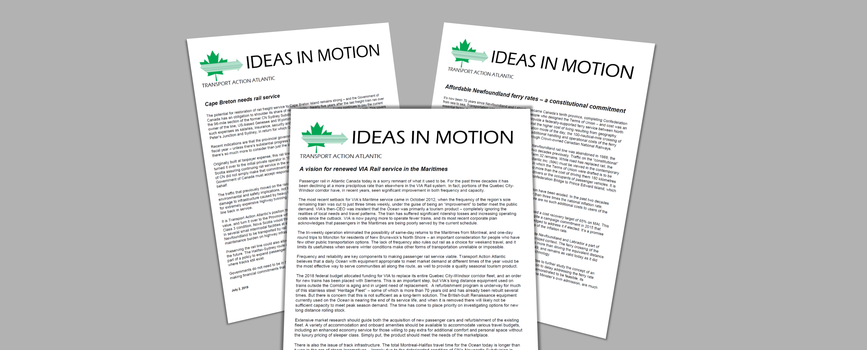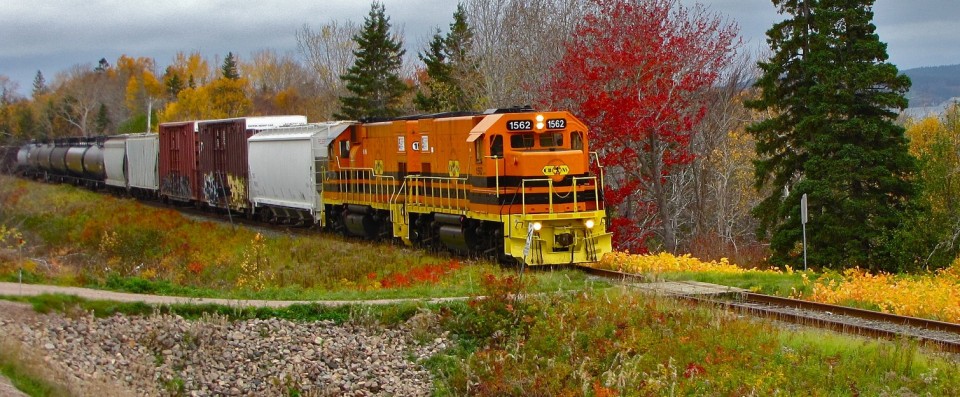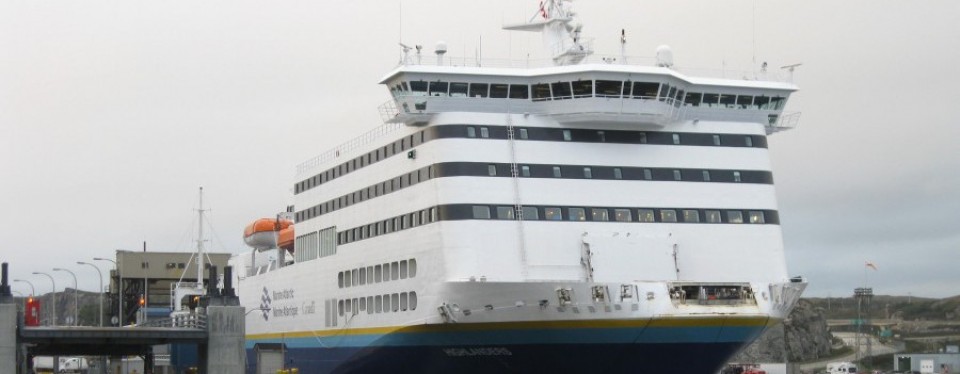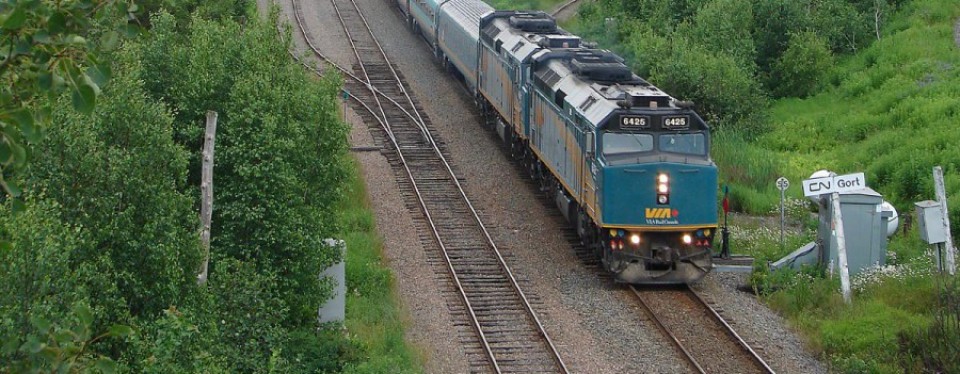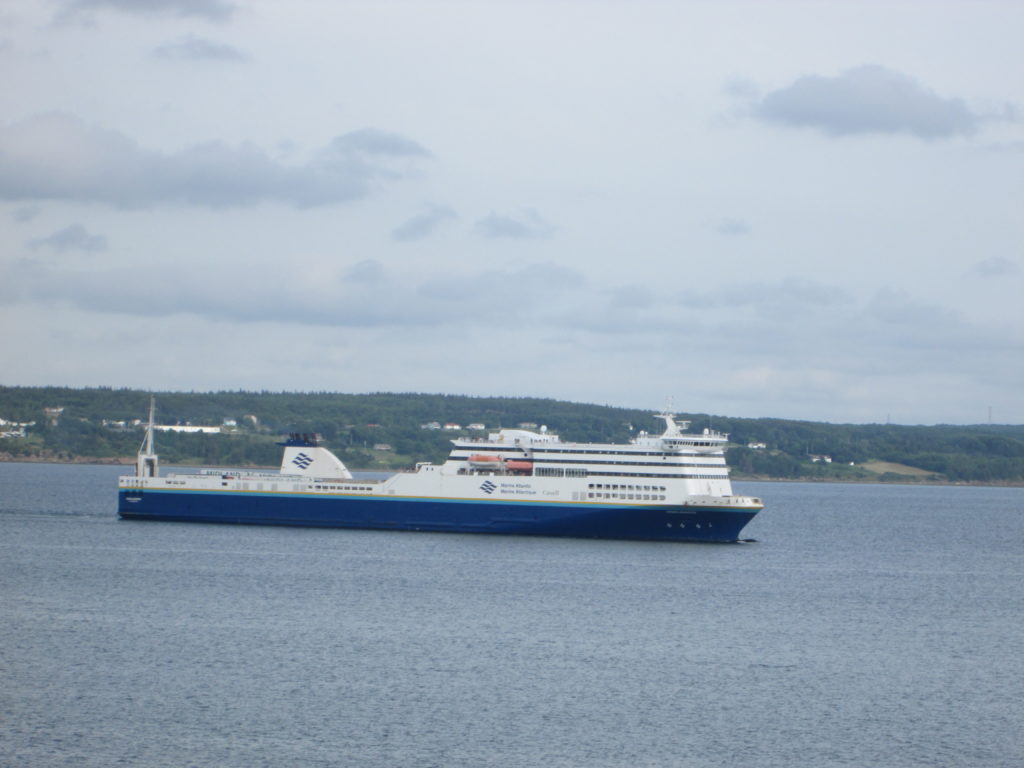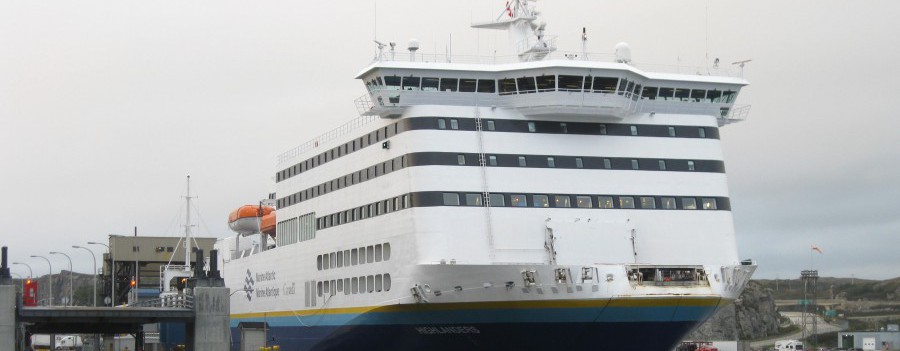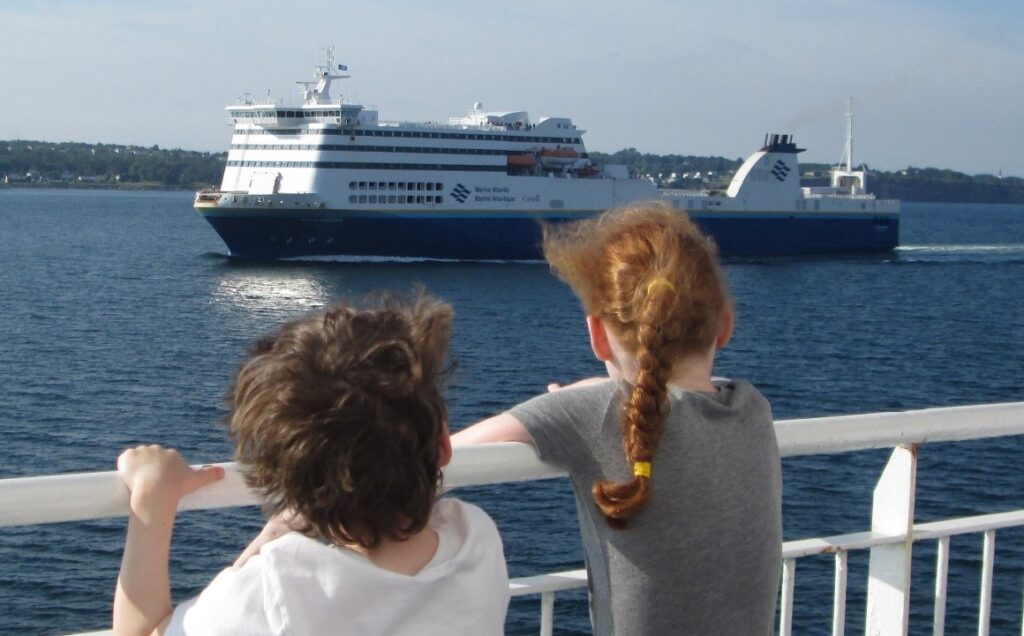
Two days after what was to have been polling day in the COVID-disrupted Newfoundland and Labrador election, Transport Action Atlantic received a reply from the Liberal Party regarding our invitation for position statements on Marine Atlantic ferry rates.
Although the ferry service is a federal constitutional responsibility as stated in the Terms of Union under which the province joined Canada, there is widespread concern over the rapidly escalating cost to users amid Transport Canada’s demands for 65% cost recovery. TAA believes that provincial politicians must become more assertive to ensure that the intent of the 1949 agreement is respected. Accordingly, we reached out to all four parties in the campaign.
Here is what the Liberal Party had to say on the issue:
“Our Liberal Government has long enjoyed a strong and positive relationship with Ottawa and we have maintained that relationship by working hand in hand with our local members of parliament. We will always advocate to Ottawa for equitable treatment of Newfoundlanders and Labradorians, and our federal MP’s are integral to that effort. We want the route to benefit residents of our province who travel it as well as residents whose employment depends on it.
“Through ongoing meetings and consultations as well as an ongoing open dialogue with the Government of Canada, we continue to make the case that ferry rates should be set so as to not have any negative impact on business, trade and tourism. We continue to be committed to that approach and will call for a rate review at every possible opportunity.”
Whatever the eventual outcome of the now-delayed vote, TAA is committed to working with all parties, organizations and individuals that are supportive of affordable ferry rates.
